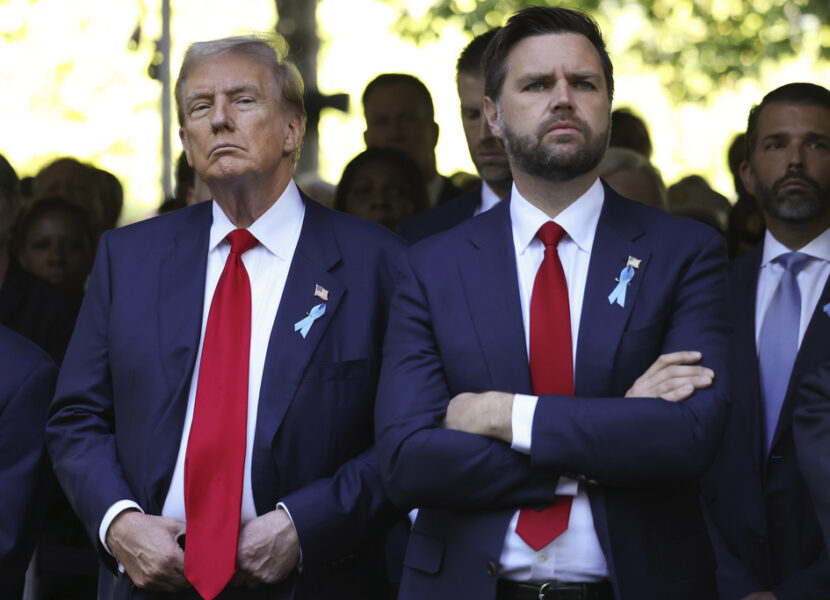By Godsgift Olubori

When did lying in American politics become acceptable?
In American politics, lying, slander, and even dirty tricks are nothing new. Politicians who are caught in the act of lying have always expressed regret in one form or another and frequently faced repercussions.
Consider President Nixon’s denial that the Watergate break-in was committed by any White House personnel shortly after the Washington Post revealed it. Or President Johnson’s 1964 presidential campaign promise to American voters that no American soldiers would be deployed to Vietnam, despite plans for a significant escalation that would eventually be revealed.
However, the past few presidential elections—and this one in particular—have been characterized by a singular barrage of blatant misinformation that has shown up as bald-faced lies and fabrications that come from both domestic and foreign sources. Election officials and disinformation tracking specialists believe that this presidential campaign is significantly more advanced than any previous one, and what is most upsetting is that the lies are being spread with impunity.
Thus, we are all forced to wonder: “When did lying in American politics become acceptable?” Furthermore, it appears that the 2024 election will be seen as the beginning of a new era of disinformation and misinformation in American politics.
We live in what can be referred to as a post-truth era, a concept I first started writing and discussing in 2018. I was able to articulate this idea at a public speaking event at Boston College called the Lowell Lecture Series, where I made the point that we live in a time when feelings are more important than facts and when sound research is unable to challenge ideology.
Since the dawn of time, there has been a fight to define what truth is and to establish its pursuit as humanity’s highest calling. It began with the Greek philosopher Aristotle and continued with Jesus’ teachings in the New Testament, the Enlightenment intellectuals, and more contemporary authors and philosophers like George Orwell. Furthermore, truth has not always prevailed; consider the Salem, Massachusetts, witch trials of the 17th century or the lives destroyed by McCarthyism during the Red Scare in the 1950s. In many respects, the history of establishing and upholding the truth is a thread that runs through our common past.
However, this moment is special and poisonous because, even if we know something is untrue, it is now acceptable to not just say it but also to defend it. This was persuasively stated by the New York Times on Thursday in a front-page piece headed “Voters Strain Under Deluge of Untruths,” which detailed how conspiracy theories and physical threats against humanitarian workers on the ground were sparked by hurricanes in the South.
The article also discusses how JD Vance, the vice presidential candidate, spread the racist myth that Haitian immigrants in Springfield, Ohio, were hunting down and consuming pets like dogs and cats. Vance reaffirmed his claim that he was representing the concerns of voters in that region, even if they were unfounded, when he was presented with the information indicating this was unsupported. If you think about it, it is a terrible conversation where one falsehood leads to another.


















